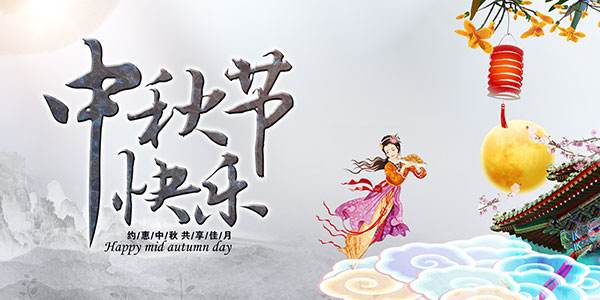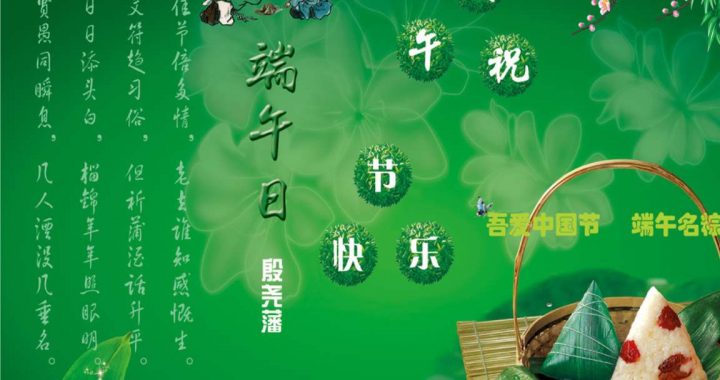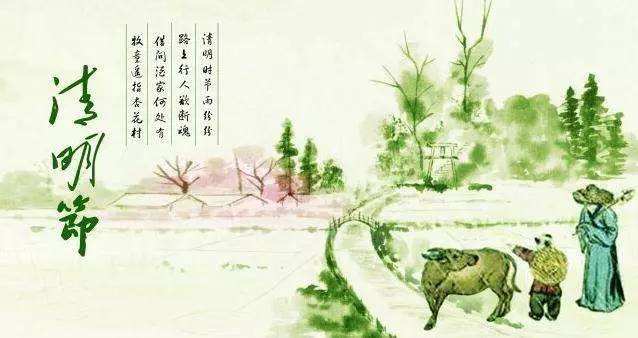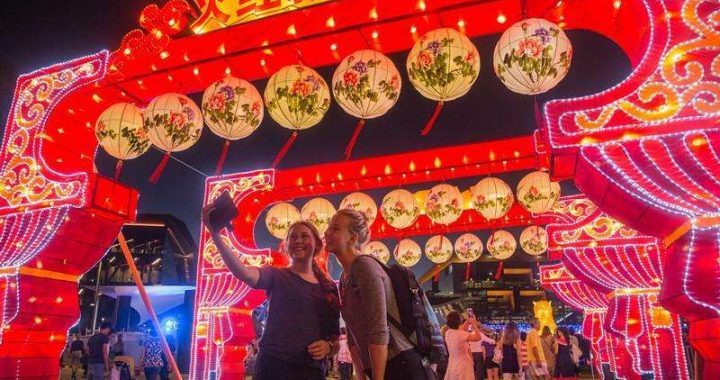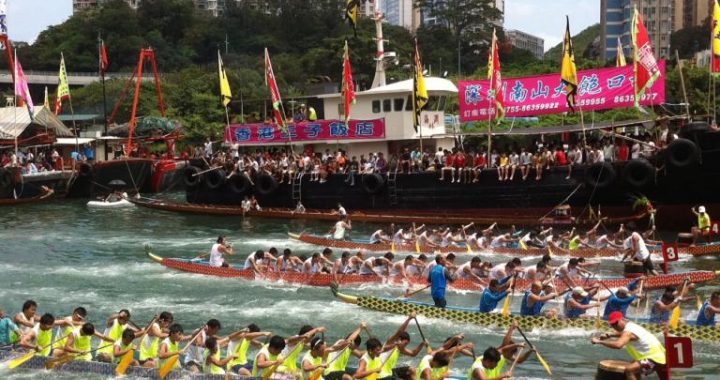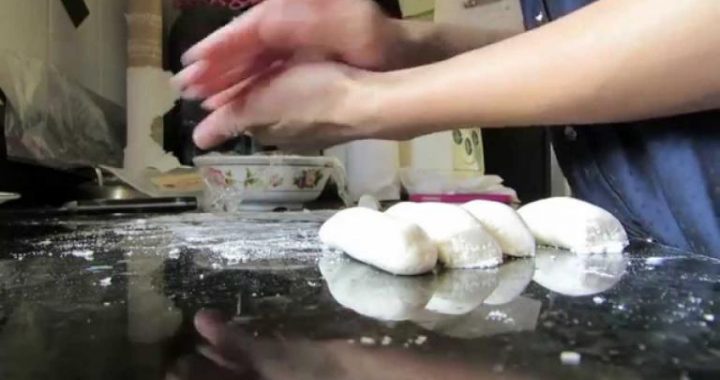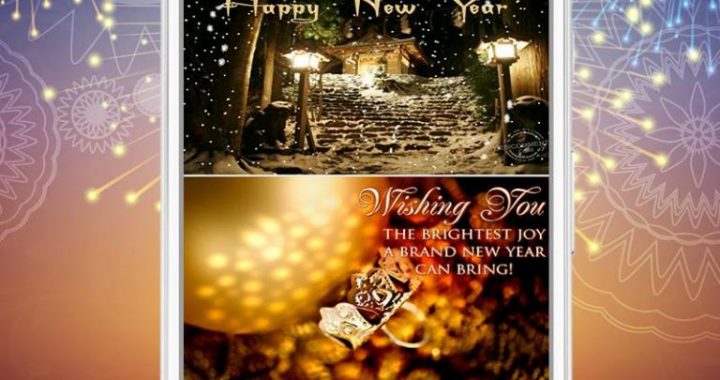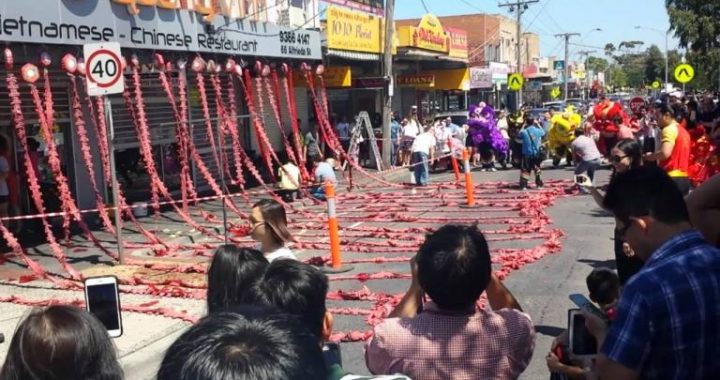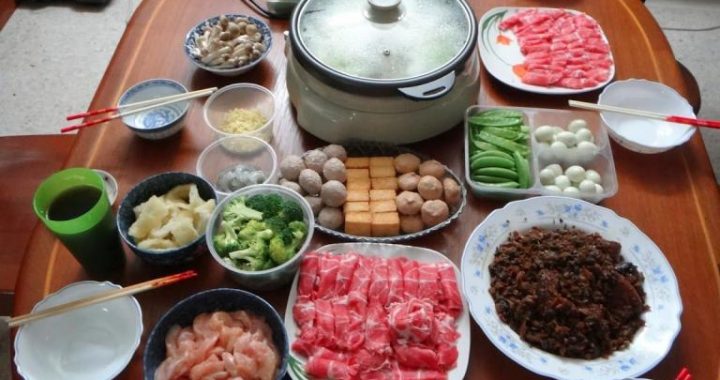Chinese Festivals
6 min readEvery nation in the world has its own traditional festivals,so does China.China is a multiethnic country with many festivals shared,hem amd beric theinmemorTaditioma1 faetialaePeat2d be the meon12thamec12e odiat ino it thei…idna China’s major traditional festivals include the Spring Festival,the lantern Festival,the Qingming Festival,the Dragon Boat Festival,the Mid-Autum Festival and the Double Ninth Festival.Ethnic groups have also retained their own traditional festivals including the Water Sprinkling Festival of the Dai people,the Nadam Fair of the Mongolian people,and the Torch Festival of .
Chinese traditions and festivals are closely related to cople,mystical concepts of time,similar to those found in Western astrology.The traditional lunar calendar makes it difficult to set dates,so in modern China there are two calendars in use.The solar calendar is the same calendar as used in Western countries.This is the official calendar and all holidays and festivals that began in modern times are celebrated on days of this(Gregorian)calendar.
Months in the traditional Chinese year are known as moons and they have either 2 or 30 days.The calendar is arranged so that thefirst day of each month coincides with a new moon and the 15th day corresponds to a full moon.However,the 12 lunar months do notequate to a real(solar)year,so an extra,intercalary month is added every third year.This 13th month is inserted anywhere between the 2nd and 1lth month.
Traditioally, the calpdar as critical to the timing of events, both on a personal and social lev The Spring Festival .
This is the Chinese equivalent of Christmas and New Year rolled into one. It celebrates the beginning of the New Year according to the lunar calendar. To avoid confusion with the January 1st New Year, it is called the Spring Festival. It falls between January 2lst andFebruary 20th and provides the biggest celebration of the Chinese year.
The last days of the old year are spent cleaning the house thoroughly and preparing the lunar New Year feast. chinese people like to eat fish at this time because the word for fish is pronounced the same way as the word for abundance, so a request for fish invokes a plentiful new year. Sticky cakes are eaten, too.
People give offerings of food to their ancestors or local gods within their own homes. Families like to hang lunar New Year pictures in their homes. These might feature fish, harvests or children, all healthy and plentiful. Red is synonymous with wealth, so parents give lucky money to their children in little red envelopes and spring couplets bearing auspicious messages are hung on either side of the entrance to the house to bring good fortune into the home.
There are many public celebrations, too. Lion Dances are performed. These involve many people carrying a costume animal through the streets, the main troupe member at the head. Traditionally members of rival kung fu schools competed with each other to display their group’s prestige and physical ski1ls, but nowadays people participate to the sound of pounding drums and deafening firecrackers to scare away evil spirits.
The Lantern Festival

The Lantern Festival is held on the first full moon of the year,15 days into the first month. During the festival, lanterns of many shapes and colours, made from silk or paper, are hung outside the homes. This festival is associated with glutinous rice dumplings stuffed with various sweet fillings. These are known to Beijingers as yuanxiao, which is another name for the festival.
The Qingming Festival

Tomb Sweeping Day and the Clear Bright Festival are other common English translations of the Qingming Festival. Qingming has a tradition stretching back more than 2,500 years. Its origin is credited to the Tang Emperor Xuanzong in 732. Wealthy citizens in China were reportedly holding too many extravagant and ostentatiously expensive ceremonies in honor of their ancestors. Emperor Xuanzong, seeking to curb this practice, declared that respects could be formally paid at ancestors’ graves only on Qingming. The observance of Qingming found a firm place in Chinese culture and continued uninterruptedly for over two millennia.
The Qingming Festival is an opportunity for celebrants to remenber and honor their ancestors at grave sites. Young and old pray before the ancestors, sweep the tombs and offer food, tea, wine, chopsticks,(joss) paper accessories, and/or libation to the ancestors.
The rites have a long tradition in Asia, especially among farmers. Some people carry willow branches with them on Qingming, or put willow branches on their gates and/or front doors. They believe that willow branches help ward off the evil spirit that wanders on Qingming.
Also on Qingming people go on family outings, start the spring plowing, sing, dance, and Qingming is a time when young people start courting. Another popular thing to do is flying kites (in shapes of animals or characters from Chinese opera). others carry flowers instead of burning paper, incense or firecrackers as is common.
Nowadays,grave cleaning is rarely performed by urban Chinese since cremation is the law and common practice.However,most modern Chinese honor their dead on this day through some form of commemoration.Unusually,this festival is set by the solar calendar and it falls in early April.
The Dragon Boat Festival….

This is probably the most energetic Chinese festival.It takes place on the 5th day of the 5th lunar month and involves frantic boat races up and down rivers in rural China.The boats are dressed up as dragons and raced,the purpose being to tame the dragons believed to be alive in the rivers and responsible for causing floods.The date comenorates the suicide of Minister Qu Yuan who,after being expelled by the king,drowned himself.Fishermen raced to save him but failed.To protect his soul,they beat drums and slapped the water with their oars.The food of this festival is zongzi,pyramid-shaped dumpling with glutinous rice.
This festival coincides with the autum equinox,when the noon is at its fullest and brightest on the l5th day of the th month.
The 9th day of the 9th lunar month is the traditional Chongyang Festival,or Double Ninth Festival.It usually falls in October in the Gregorian calendar.In an ancient and mysterious book I-Ching,or The Book of Changes,the number”6″was thought to be of yin character,meaning feminine or negative,while the number”9″was thought to be yang,meaning masculine or positive.So the number 9 in both month and day creates the Double Ninth Festiva1,or Chongyang Festival.
The custom of ascending a height to avoid epidemics was passed down from long time ago.Therefore,the Double Ninth Festival is alsocalled”Height Ascending Festival”.The height that people will reach is usually a mountain or a tower.Ancient literary figures have left many poems depicting the activity.Even now,during this festival period people swarm to the mountains-the well-known and little-known.
The food of this festival is Double Ninth Gao(or cake).In Chinese,Gao(cake)has the same pronunciation with height.People do so just to hope for progress in everything they are engaged in.There are no fixed ways for the Double Ninth Cake,but super cakes will have as many as nine layers,looking like a tower.

The Double Ninth Festival is also a time when chrysanthemum blooms.China boasts diversified species of chrysanthemm and people have loved them since ancient times.Enjoying the flourishing chrysanthemum also becomes a key activity on this festival.Also,people will drink chrysanthemum wine.Women used to stick such a flower into their hair or hang its branches on windows or doors to avoid evil spirits.
